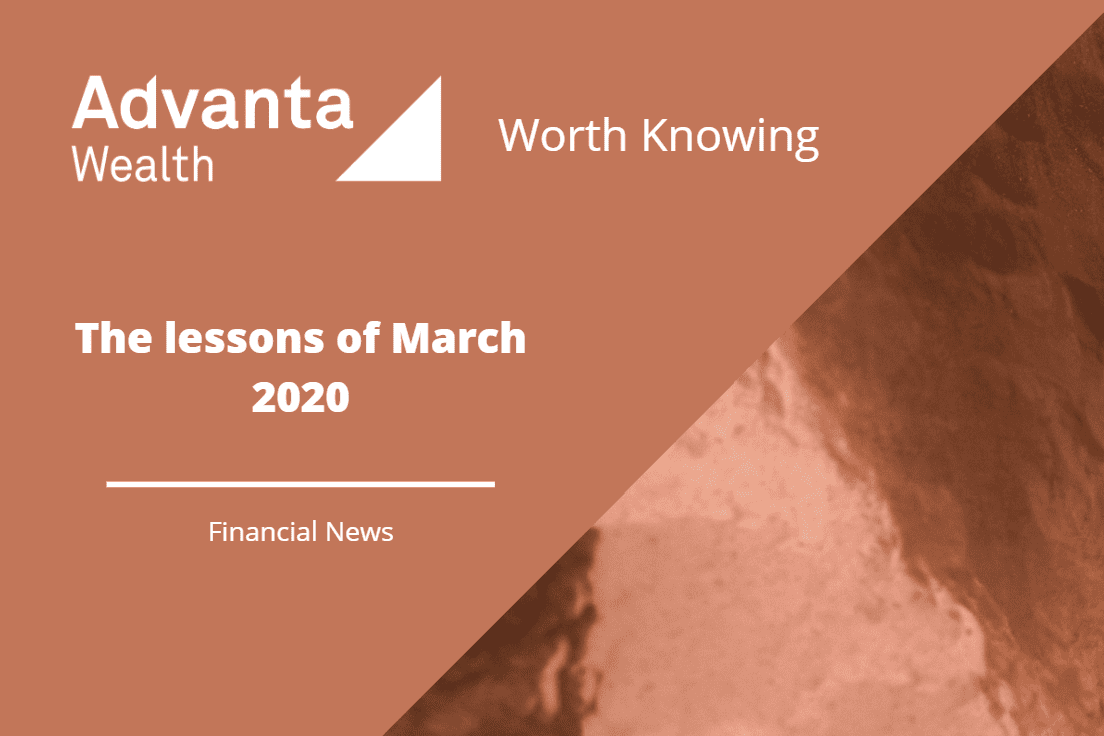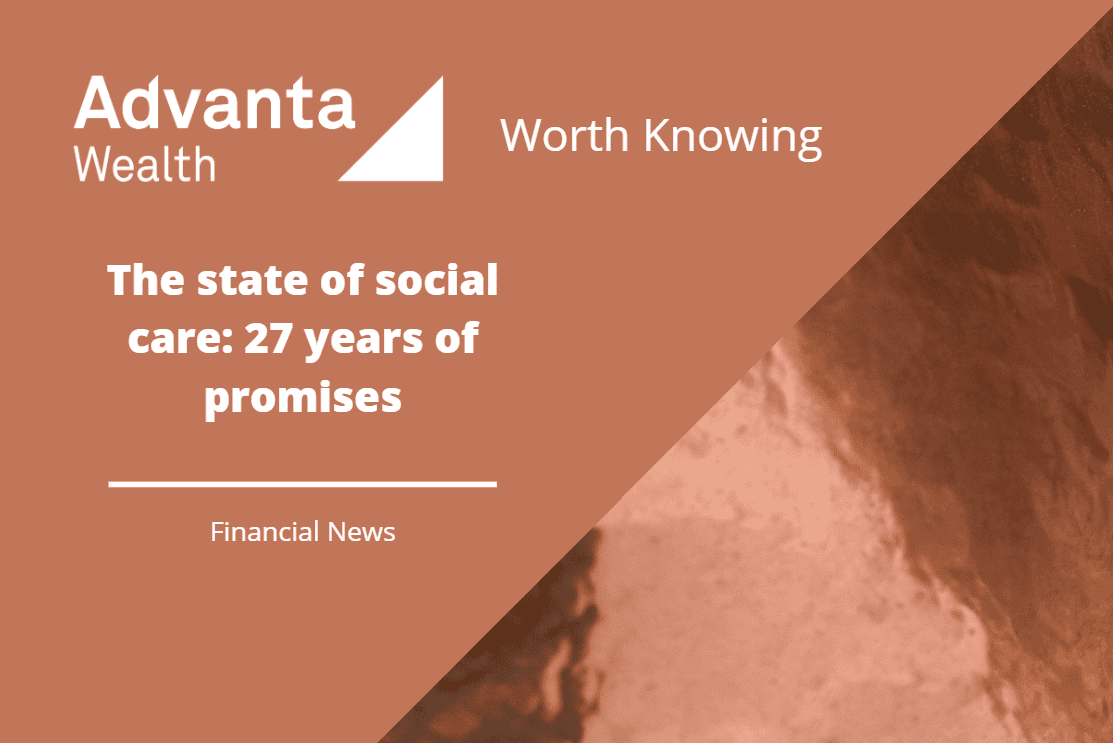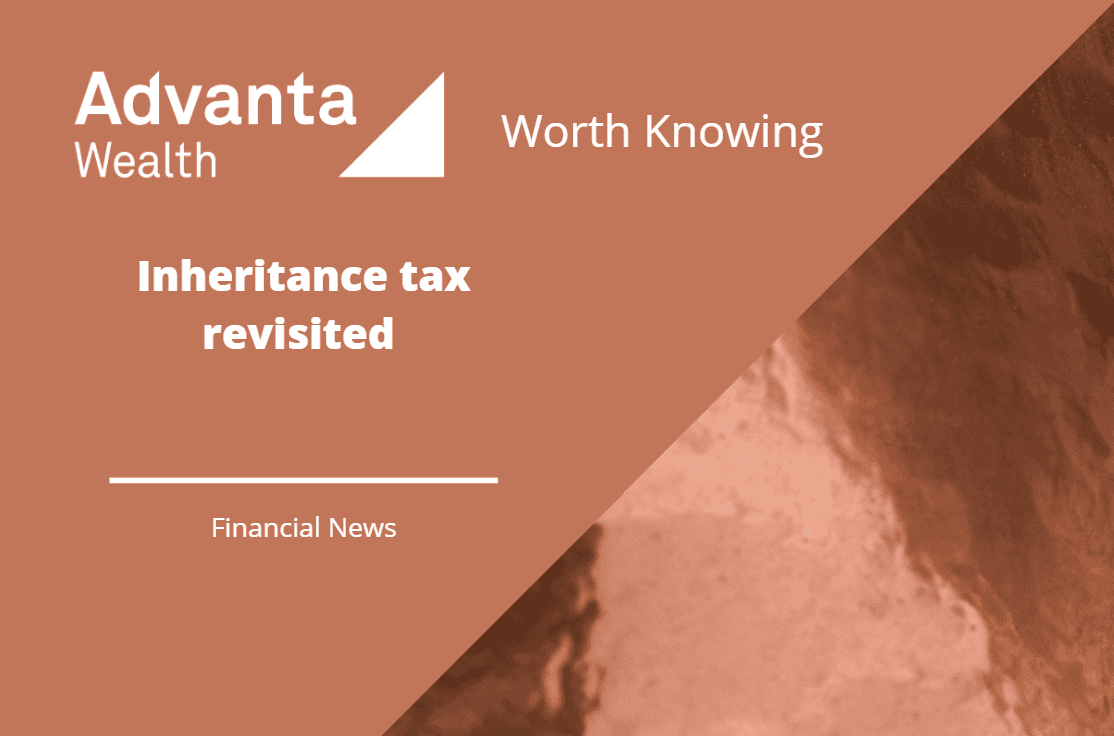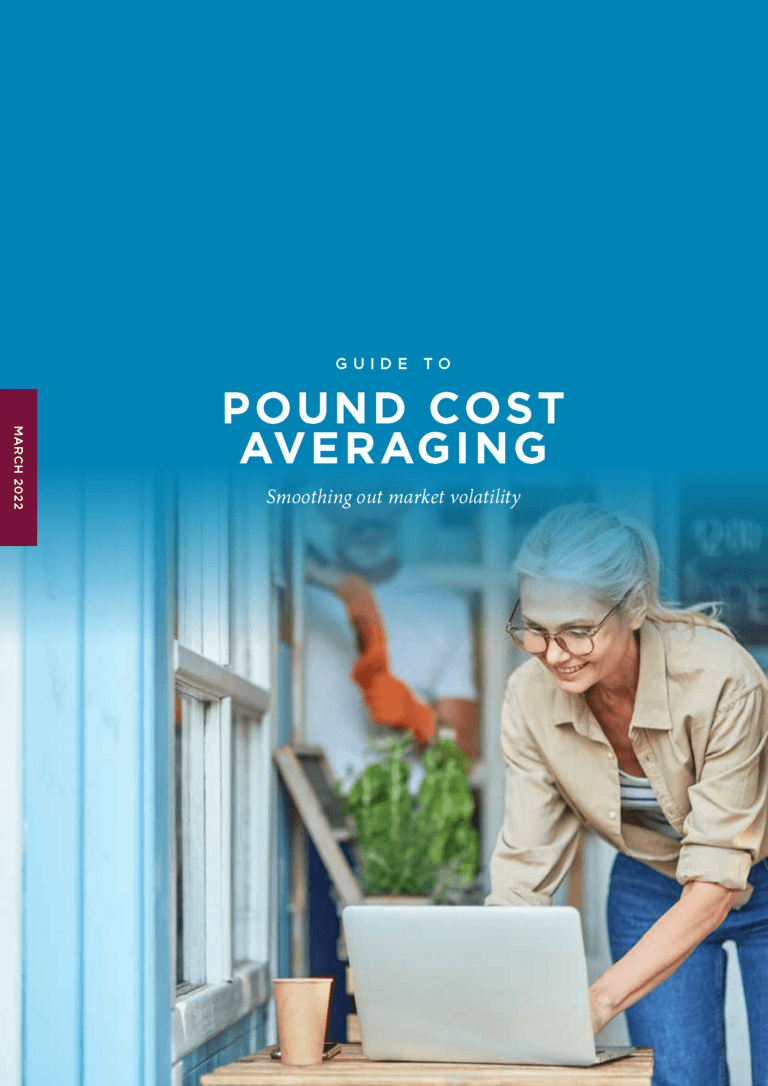Millions struggle to understand their most important source of income in retirement
Saving money for retirement is important because you’ll need a nest egg when you’re no longer working. The best way to guarantee an income when you’re in your golden years is to save and invest as much as you can now while you are still working.
For the majority of people, pensions represent our biggest single source of private wealth and a record number are saving more money in occupational defined contribution pensions. In short, pensions are more important to more of us than ever before.
Pension landscape
However, despite these record highs, pensions remain a mystery to most. Worryingly, new research reveals a widespread lack of understanding among savers.
The annual study of the pension landscape from The Pensions Regulator reports record membership of occupational defined contribution pensions, at 23.4 million[1]. This is up from 21.7 million last year.
Biggest driver
This adds to other recent data highlighting the importance of pensions for millions. In early January, data from the Office for National Statistics[2] reported that individuals in the UK hold a record £15.2 trillion of private wealth and pensions represent the largest proportion of this figure at £6.4 trillion. This exceeds £5.5 trillion in property and £3.3 trillion in other assets, including around £2 trillion in cash.
The need to close the gap between pension participation and understanding is now critical. Overall, auto-enrolment has been the biggest driver of participation into pension saving over the last decade. When it was introduced in 2012, only four in ten (39%) private sector workers were actively saving for their retirement. This figure is now more than 70%.
Conflicting relationship
However, it is risky to assume that this participation rate has driven clearer understanding. Despite a significant increase in participation rates, the proportion of adults who agree they ‘understand enough about pensions’[3] has only increased by one percent point in the last ten years (from 43% to 44%).
Other research[4] has found a conflicting relationship between value and understanding of various elements of ‘wealth’. Seven out of ten (69%) Britons can confidently estimate the current value of their cash savings and two in five of them (41%) are very confident. This ‘confident’ figure rises to three quarters (75%) of those aged 55+. Cash savings represent around 12% of total private wealth in the UK.
‘Very unconfident’
More than half (53%) of those surveyed could also estimate the value of their property quite accurately. This figure rises to 61% of those who are retired. Property represents around 36% of total private wealth in the UK.
However, despite pensions potentially being their biggest combined asset, only 39% of people could confidently estimate the value of their pension pot. One in ten people surveyed were ‘very unconfident’ about estimating the current value of their pension savings. Pensions represent about 42% of total private wealth in the UK.
Pension participation
The need to close the gap between pension participation and understanding is now critical. Over the next century it is estimated that the pensioner population in the UK will increase from 12 million to 20 million, meaning that more than one in four people will be pensioners.
Automatic enrolment has brought pension savings to millions. And the pension freedoms have given us unprecedented choice in how we can use that money when we reach age 55. But we risk sleepwalking into our retirement if we don’t understand how much we have in our pension pots, what those savings might look like as retirement income and how long we need that money to last.
Source data:
[1] DC trust: scheme return data 2021 to 2022 | The Pensions Regulator (Memberships do not equate with individuals. One individual can have multiple memberships. The figure of 23.4 million excludes ‘micro’ occupation DC schemes with fewer than 12 members).
[2] Office for National Statistics
[3] Survey by Unbiased and Opinium of 2,000 non-retired UK adults in June–July 2020
[4] Aviva Research was conducted between 5–7 January 2022 by Censuswide. Surveyed 2,000 UK respondents (national representative sample).
A PENSION IS A LONG-TERM INVESTMENT NOT NORMALLY ACCESSIBLE UNTIL AGE 55 (57 FROM APRIL 2028 UNLESS PLAN HAS A PROTECTED PENSION AGE). THE VALUE OF YOUR INVESTMENTS (AND ANY INCOME FROM THEM) CAN GO DOWN AS WELL AS UP WHICH WOULD HAVE AN IMPACT ON THE LEVEL OF PENSION BENEFITS AVAILABLE. YOUR PENSION INCOME COULD ALSO BE AFFECTED BY THE INTEREST RATES AT THE TIME YOU TAKE YOUR BENEFITS.
THE TAX IMPLICATIONS OF PENSION WITHDRAWALS WILL BE BASED ON YOUR INDIVIDUAL CIRCUMSTANCES, TAX LEGISLATION AND REGULATION WHICH ARE SUBJECT TO CHANGE IN THE FUTURE. YOU SHOULD SEEK ADVICE TO UNDERSTAND YOUR OPTIONS AT RETIREMENT.
THE VALUE OF INVESTMENTS AND INCOME FROM THEM MAY GO DOWN. YOU MAY NOT GET BACK THE ORIGINAL AMOUNT INVESTED. PAST PERFORMANCE IS NOT A RELIABLE INDICATOR OF FUTURE PERFORMANCE.
Content of the articles featured in this publication is for your general information and use only and is not intended to address your particular requirements or constitute a full and authoritative statement of the law. They should not be relied upon in their entirety and shall not be deemed to be, or constitute advice. Although endeavours have been made to provide accurate and timely information, there can be no guarantee that such information is accurate as of the date it is received or that it will continue to be accurate in the future. No individual or company should act upon such information without receiving appropriate professional advice after a thorough examination of their particular situation. We cannot accept responsibility for any loss as a result of acts or omissions taken in respect of any articles. For more information please visit www.goldminemedia.co.uk








